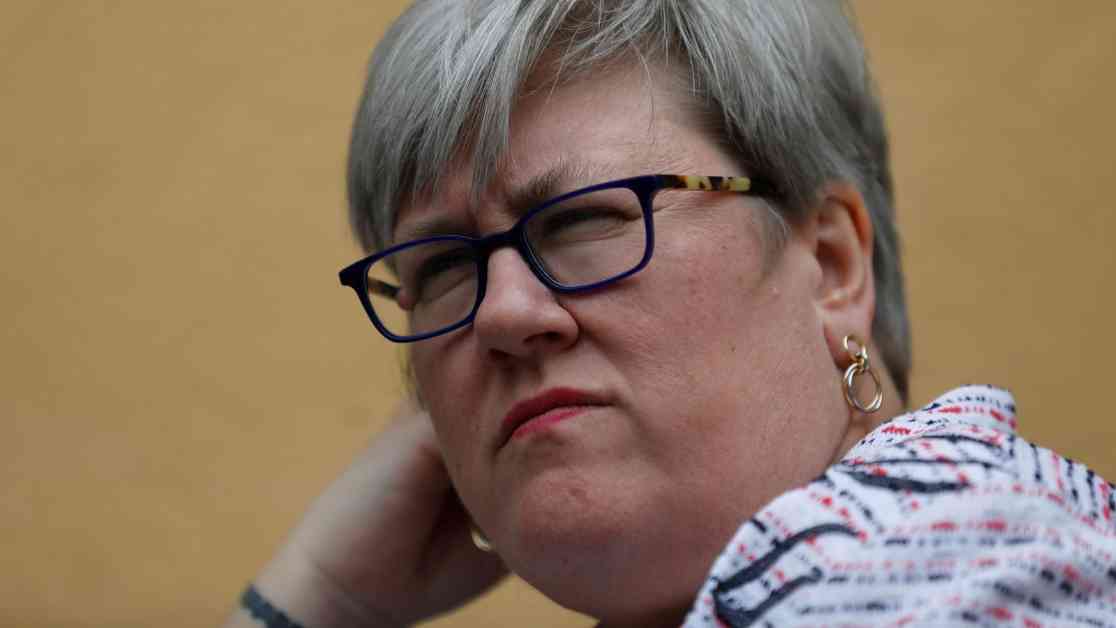The Paris Agreement, a monumental global treaty aimed at curbing climate change by reducing greenhouse gas emissions, is facing unprecedented challenges that could potentially lead to its collapse. Rachel Kyte, the UK’s climate ambassador, issued a stark warning about the fragile state of the agreement, highlighting the risks posed by disagreements among nations.
Global Concerns
Since its inception in 2015, the Paris Agreement has been instrumental in driving down predicted levels of global warming, fostering the growth of renewable energy sources, and encouraging countries to set ambitious net zero targets. However, despite these positive developments, Rachel Kyte emphasized that the agreement is now more vulnerable than ever before.
Kyte expressed her concerns about certain countries pushing back against the Paris Agreement due to its effectiveness, while others believe it does not go far enough in addressing climate change. This stark division threatens to erode the foundation of the treaty and diminish the support it needs to succeed.
International Response
In response to the slow progress on climate action, vulnerable island nations like Vanuatu have taken the extraordinary step of seeking recourse at the International Criminal Court to hold polluting countries accountable under the Paris Agreement. This move underscores the growing frustration and urgency felt by countries most vulnerable to the impacts of climate change.
Moreover, Rachel Kyte highlighted that some countries perceive the Paris Agreement as an intrusion into their national sovereignty, likening it to unwanted interference in their domestic affairs. This resistance poses a significant challenge to the agreement’s viability and could potentially lead to its collapse if left unaddressed.
Call to Action
As the world grapples with the pressing threat of climate change, Rachel Kyte’s warning serves as a wake-up call for global leaders to recommit to the Paris Agreement and strengthen their climate ambitions. While acknowledging the progress made since 2015, Kyte emphasized the need for every country to step up and deliver more ambitious climate plans to limit global warming to below catastrophic levels.
Despite the current inadequacy of national climate plans in meeting the agreement’s goals, there remains hope for collective action to address the climate crisis. The recent agreement at the COP29 climate talks to allocate $300 billion annually to developing countries for climate change mitigation is a step in the right direction, albeit falling short of the funding needed to drive meaningful change.
In conclusion, the fate of the Paris Agreement hangs in the balance as nations grapple with the urgent need to accelerate climate action and fulfill their commitments under the treaty. The time for decisive and collective action is now to secure a sustainable future for the planet and future generations.










